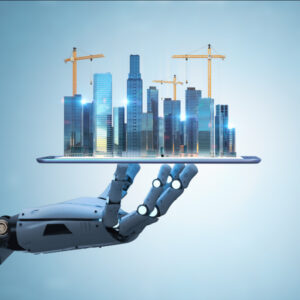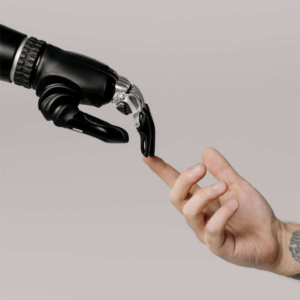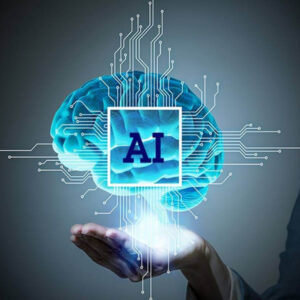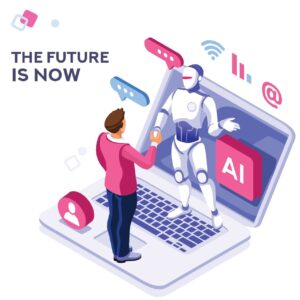In today’s fast-paced, technology-driven world, customer service is a crucial aspect of any business. Customers expect quick, efficient and personalized support from companies, and failure to provide this can result in lost business and a damaged reputation. As a result, companies are constantly seeking innovative ways to improve their customer service processes and meet the demands of their customers.

What is AI in Customer Service?
AI, or artificial intelligence, is the simulation of human intelligence processes by machines, especially computer systems. In simple terms, AI enables machines to learn from data, identify patterns, and make decisions in a way that mimics human intelligence. When applied to customer service, AI can analyze vast amounts of data, provide personalized solutions, and handle customer interactions without human intervention.
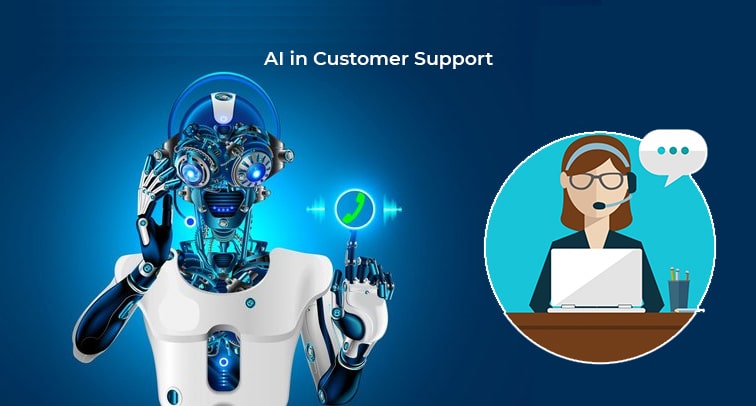
The Benefits of AI in Customer Service
AI in customer service has many benefits for both companies and customers. Let’s take a closer look at some of the advantages of using AI in customer service:
- 24/7 Availability: AI-powered chatbots and virtual assistants can provide round-the-clock support to customers, reducing wait times and enhancing customer satisfaction.
- Personalization: By analyzing customer data, AI can provide personalized solutions and recommendations, thereby improving the overall customer experience.
- Efficient Issue Resolution: AI can handle a large volume of customer queries simultaneously, identifying the issue and providing the most appropriate solution in a matter of seconds.
- Cost Savings: By automating routine customer service tasks, companies can save on labor costs and redirect resources towards more complex and value-added tasks.
- Continuous Improvement: AI systems can learn from each customer interaction and improve over time, leading to more accurate and efficient customer interactions.
The Role of AI in Customer Service Today

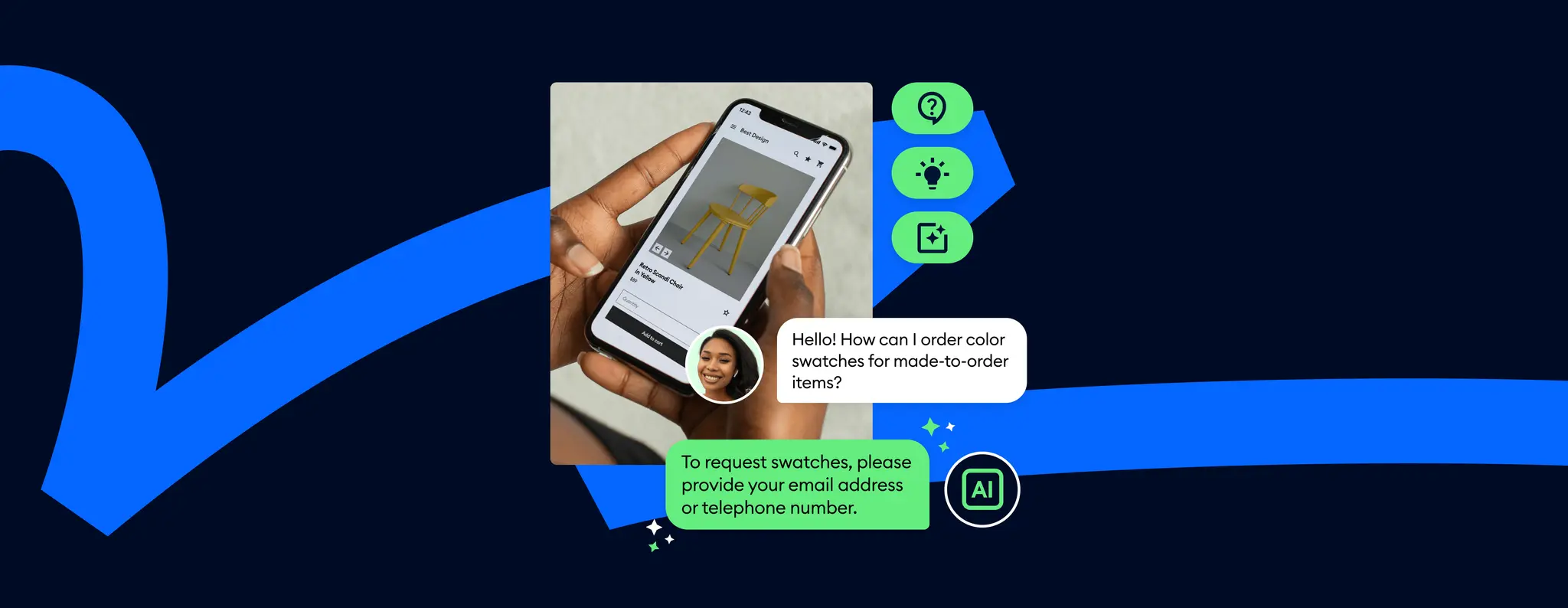
The use of AI in customer service is rapidly growing across various industries. Many companies have already incorporated AI-powered chatbots and virtual assistants into their customer service processes to provide better and faster support to their customers. Some examples include:
- H&M: The Swedish fashion retailer uses an AI-powered virtual assistant to provide personalized style advice to customers, enhancing their shopping experience.
- Bank of America: The bank’s AI-powered chatbot, Erica, helps customers with their financial queries and tasks, such as checking account balances and making payments.
- Uber: The ride-sharing company uses AI to automatically detect and handle customer complaints, leading to faster issue resolution and improved customer satisfaction.
- Delta Airlines: The airline uses AI-powered chatbots to assist customers with flight information, rebooking, and other inquiries, reducing wait times and improving customer experience.
